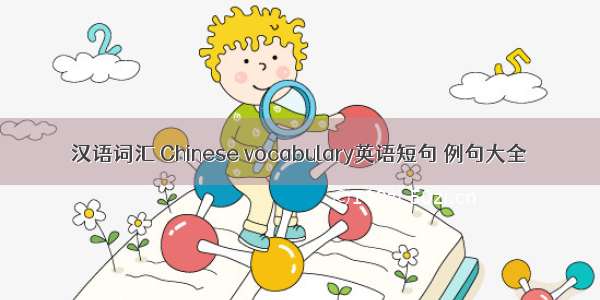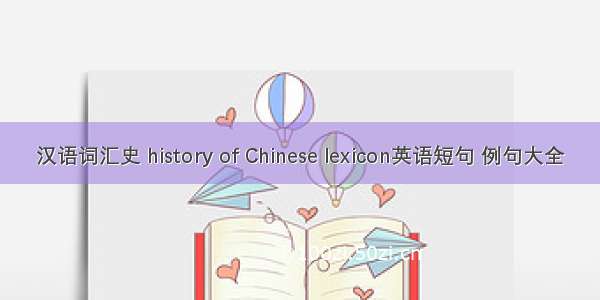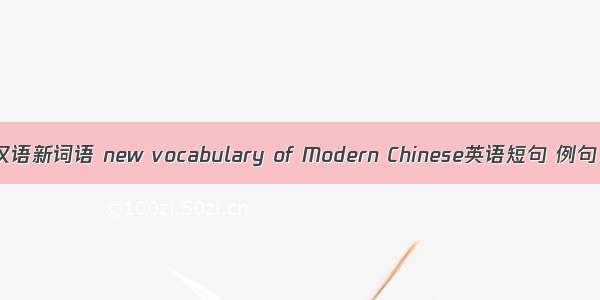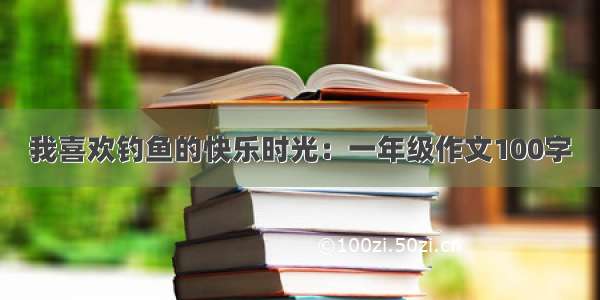
汉语词汇,Chinese vocabulary
1)Chinese vocabulary汉语词汇
1.The constructional balance ofChinese vocabulary and its usage in Teaching Chinese as a Foreign Language;汉语词汇的结构对称特点及其在教学中的运用
2.In the paper, the author gives her opinion that some of lettered-words are temporary member inChinese vocabulary system, some have already been the formal member.文章认为,字母词中,有的是汉语词汇系统的临时成员,有的已经成为正式成员。
3.It has produced a profound effect on the Chinese language,especially on theChinese vocabulary.佛教,起源于印度,自两汉之时传入中国后,对汉语的发展产生了广泛而深刻的影响,其中对汉语词汇的影响则尤为明显。
英文短句/例句
1.Semantic Grid of Chinese Vocabulary and Lexical Teaching of CSL;汉语词义系统性与对外汉语词汇教学
parative Study of Contemporary Chinese and Sino-Korean Vocabulary汉语词汇与韩国语汉字词的比较研究
3.Chinese Lexical Theories, Selection-Collection by Dictionary and the Understanding of "Words;汉语词汇理论、词典分词与“词”的认知
4.The Internet vocabulary and its impact on modern Chinese vocabulary;论网络词汇及其对现代汉语词汇影响
5.The Network System of Chinese Vocabulary and Teaching Chinese as a Foreign Language;汉语词汇的网络性与对外汉语词汇教学
6.Neologisms and Their Influence on Chinese Vocabulary and Syntax;新词语及其对汉语词汇和句法的影响
7.Norm and Lexicographical Definition of Chinese Lexeme;标准与汉语词汇语义单位的词典释义
8.The Influence of Modern English New Word on Chinese Vocabulary System;现代英语新词对汉语词汇系统的影响
9.On the Vocabulary of Ming Dynasty Based on Corpus According to 10.Semantic Patterns of Chinese Compounds and Their Significance in Teaching Chinese as a Second Language汉语复合词语义构成与对外汉语词汇教学 11.A comparative survey of the similarities and differences in word form of the lexicon in the Dream of Red Mansion and Modern lexicon;《红楼梦》词汇与现代汉语词汇的词形异同研究 12.Influence of Sino-Vietnamese Words upon Vietnamese Learning of Chinese Lexion论汉越词对越南人学习汉语词汇的词影响 parative Research on Modern Mandarin and the Chinese Characters in Korean Vocabulary in Korean-Vocabulary List for Learning《韩国语学习用词汇目录》中的汉字词与现代汉语词汇的比较研究 14.Research on Contemporary Chinese Neologisms and the Vocabulary Teaching of the Teaching Chinese to Foreigners;现代汉语旧词新义及其对外汉语词汇教学研究 parative Study of Sino-Korean Words in 《Primary Korean》 and Chinese Words;《初级韩国语》的汉字词与汉语词汇对比研究 16.Influence of quasi-affixes on contemporary Chinese vocabulary system;汉语类词缀对当代汉语词汇系统的影响 17.A quick review of the Chinese translation of Masini s The Formation of Modern Chinese Lexicon and Its Evolution Towards a National Language: The Period from 1840-1898;粗评《现代汉语词汇的形成》的汉译本 18.On Vocabulary Teaching in TCFL through a Study of the Reverse-ordered Words Formed with the Same Morphemes in the HSK Word-list;从HSK同素逆序词看对外汉语词汇教学 相关短句/例句 Chinese Words汉语词汇 1.The Side Effect ofChinese Words and the Ways to Deal with it in Chinese Japanese Communication;汉语词汇在中日交流中的负作用及对策 2.The derivation of Chinese words and its evolution;汉语词汇衍生的方式及其流变 3.On English translation of Chinese words′ national cultural implications;汉语词汇国俗语义的英译 3)Chinese lexicon汉语词汇 1.Except for a few of Sino-Vietnamese words which lead to Vietnamese students a positive influence, the remaining large amounts of Sino-Vietnamese words have been assimilated and transformed, to the point that some Sino-Vietnamese words no longer have corresponding words and expression within the Chinese Lexicon, and confer troubles to Vietnamese students.越语中存在着大量的汉越词,除了一小部分汉越词给汉语学习者带来正面的影响外,其余大量的汉越词都被越化了,甚至部分汉越词在汉语词汇系统中已经找不到相对应的词语,这些汉越词给越南的汉语学习者带来了麻烦。 4)history of Chinese lexicon汉语词汇史 1.Many words in XING SHI YIN YUAN ZHUAN can supply abundant data for the study ofhistory of Chinese lexicon such as interpretation and tracing down the source in HANYU DA CIDIAN.白话小说《醒世姻缘传》中的词语用例可以订正补充现有汉语词汇史研究中的词语失收、溯源过晚等不足。 5)history of Chinese vocabulary汉语词汇史 1.By analysing the useage of "Jiang(将)"in Jiujiang dialect,the authors point out that the vocabulary of dialects plays an important role in the study ofhistory of Chinese vocabulary.简要介绍“将”在古代汉语中的主要语义及用法,通过对九江方言特征词‘将’的分析,指出方言词汇对汉语词汇史的研究具有重要作用。 6)new Chinese vocabulary新汉语词汇 延伸阅读 汉语词汇汉语词汇汉语里词的总汇,即所有的词的集合体,其中也包括性质和作用相当于词的固定词组。汉语历史悠久,词汇丰富多彩,源远流长。总括起来,汉语词汇有以下一些特点:①汉语语素绝大部分是单音节的,单独使用时就是词,不单独使用时就是构词成分。如:“光”和“明”既是两个语素,又是两个词,二者合起来是一个词。②构词法与句法基本一致,这主要由于汉语缺乏形态变化,词根复合是新词产生的主要方法,因此很多复音词是由古代单音词构成的词组发展而来的,如妻子、困乏等。③汉语复音节词绝大部分是合成词,但有一部分是双音单纯词,主要表现为叠音词和联绵词。叠音词是同一个字重叠而成,如关关、交交、习习、所所等;联绵词大多数是由具备双声或叠韵关系的两个字构成的,如:逍遥、徘徊、望洋、萧瑟、流离、倜傥等。叠音词和联绵词有一个共同的特点:词中的单字不表示任何意义,只起记录音节的作用,重叠或两个字合起来后的两个音节表示具体词义。④汉语中有一大批外来词(包括少数民族词语),音译外来词自古就有,如:匈奴(Huna)、佛(buddha)等,属于古代的音译外来词;雪茄(cigar)、康拜因(combine)、加仑(gallon)等,属于现代的音译外来词。汉语中的外来词主要有两种情况:纯粹音译,就像上面所举的例子;半译音半译义,如:哀的美敦书(uleimatum)、吉普车(jeep)、啤酒(beer)等。⑤汉语词汇的双音节化趋势:单音节词常常扩充为双音节,多音节词语往往被压缩成双音节,如:车—车子,鸟—飞鸟,月—月亮,窗—窗户,高级中学—高中,电视大学—电大,对外贸易—外贸,挖掘潜力—挖潜等。⑥汉语中有大量四字成语,就其语言结构单位说,多属于词组,就其造句功能说,相当于一个词。任何一种语言的词汇都永远处于不断变化状态,汉语词汇将随着中国社会物质文明和精神文明的发展而不断发展和丰富。
















